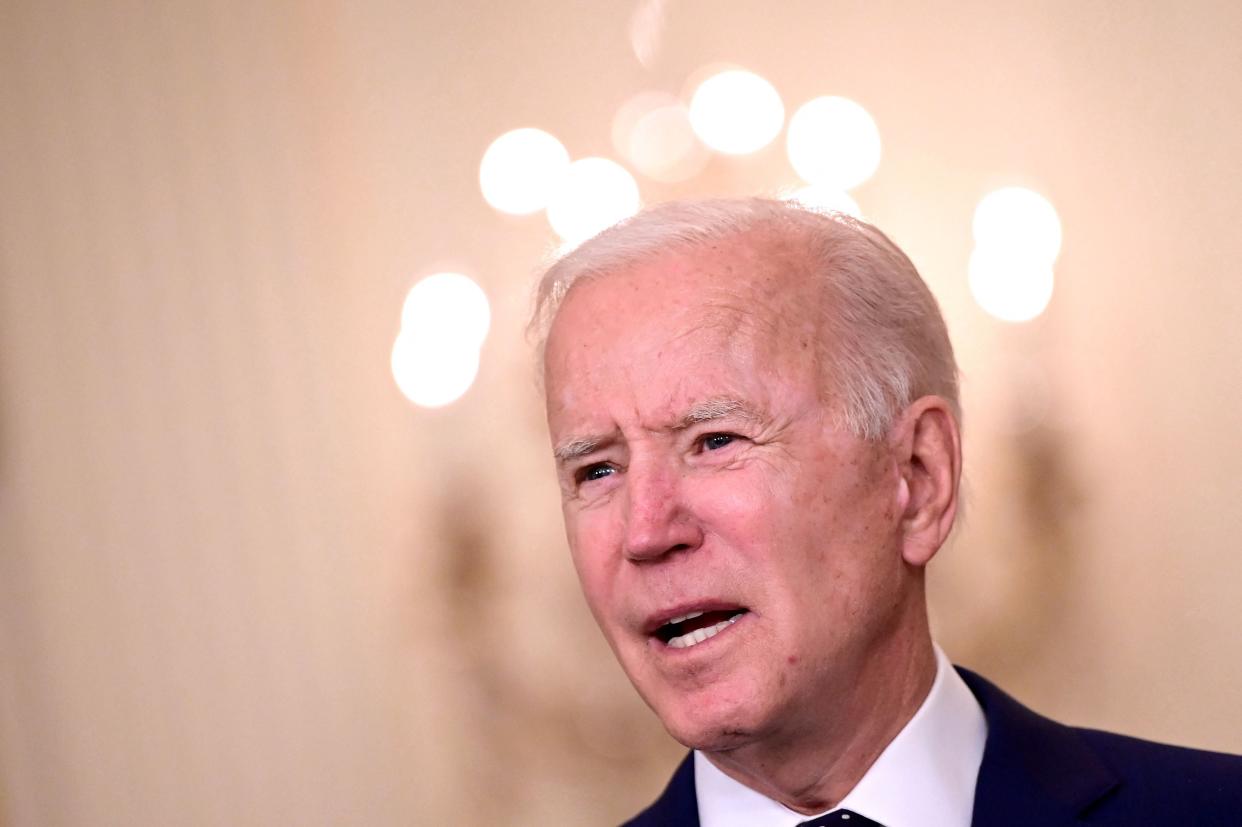How Biden introduced ban on lobbying former colleagues in one of his first acts

Joe Biden
(AFP via Getty)In among the welter of executive orders that Joe Biden fired off on his first day in office was a boon for everyone angry at the persistent culture of “revolving door” lobbying in Washington, a culture that Mr Biden has – like every president in recent decades – pledged to deal with.
Mr Biden’s order in parts duplicates the language of one issued by the then-newly inaugurated Barack Obama in January 2009, but adds two provisions. One applies to “senior and very senior appointees leaving government”, who must agree that they “will not materially assist others in making communications or appearances” that they are prohibited from undertaking themselves.
This is meant to help crack down on what is sometimes called “shadow lobbying”, where well-networked former officials help bona fide lobbyists obtain access themselves as a way of circumventing regulations
The other new measure is a “golden parachute ban”, under which appointees declare that:
“I have not accepted and will not accept, including after entering government, any salary or other cash payment from my former employer the eligibility for and payment of which is limited to individuals accepting a position in the United States government. I also have not accepted and will not accept any non-cash benefit from my former employer that is provided in lieu of such a prohibited cash payment.”
By restoring and enhancing the Obama-era measures, Mr Biden makes up for Donald Trump’s decision to revoke an anti-lobbying executive order of his own in the last days of his presidency.
That order, which Mr Trump issued in 2017, banned executive branch employees from lobbying activities related to the agencies where they worked for five years after they left their posts. By revoking it at the last minute, Mr Trump with one stroke allowed current and former employees of his administration to resume activities in the “swamp” he ran against in 2016.
And so Mr Biden restored some of the safeguards meant to curb just those problems. But solving the “revolving door” problem isn’t just about reining in former and future staffers who might be able to leverage contacts from the inside or outside world. At the top of the Washington food chain are former members of Congress themselves.
The rules governing this very particular problem have been a tangled matter for years, and efforts to crack down on a category of lobbyists with unparalleled access have come with all sorts of strange consequences.
In September 2007, George W Bush signed into law the Honest Leadership and Open Government Act, which was designed to greatly curtail the attraction of lobbying for departing lawmakers and their staffers as well as extending the “cooling-off period” that prevented them from becoming lobbyists as soon as they left Congress.
Of course, not all lobbying is seen as nefarious. As far as the Democrats are concerned, for instance, It is one thing for major corporations to lobby against legislation that would hurt their interests and quite another for a teachers’ union or environmental campaign group to do the same. That distinction has put leading candidates from both parties in a bind when discussing lobbying – and in 2008, that problem fell to Mr Biden to explain.
“Lobbyists aren’t bad people,” he said at a presidential campaign stop, “special interest groups aren’t bad people, but guess what? They’re corrosive. People who accept money from them aren’t bad people, but it’s human nature.
“You go out and bundle $250,000 for me, all legal, and then you call me after the election and say ‘Joe, I’d like to come and talk to you about something’ – you didn’t buy me, but it’s human nature. You helped me, I’m gonna say ‘sure, come on in’.”
Read More
Lobbying watchdog chair says ‘there seem to be no boundaries’
Greene and Boebert blasted for going against bone marrow donor program
Tearful mother of trans son pleads against Texas anti-Trans bills

